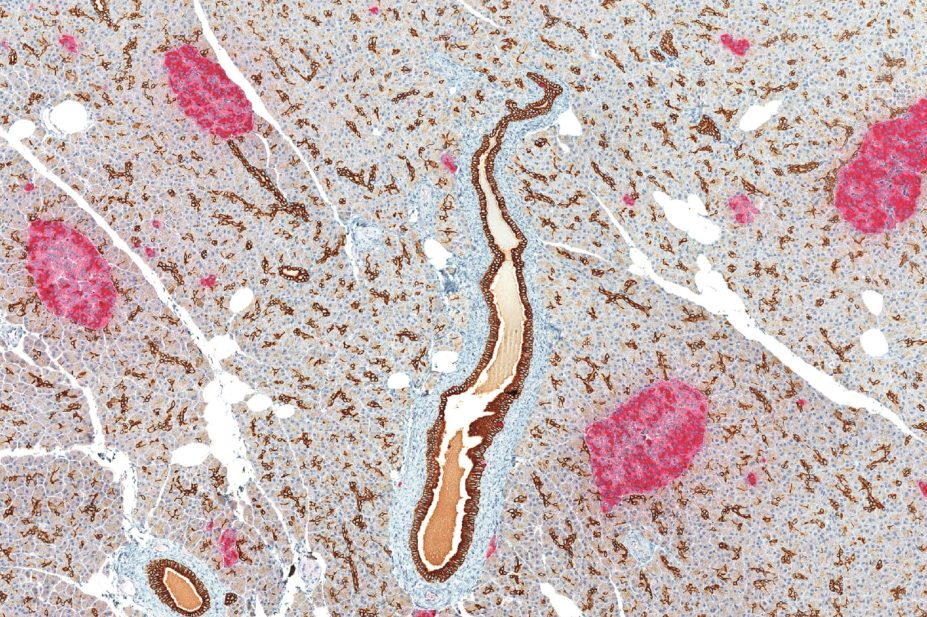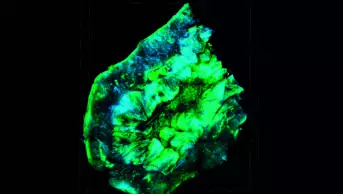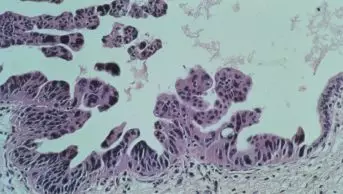
Shutterstock.com
One avenue of research for new treatments for type 1 diabetes is to replace the insulin-secreting beta cells of the pancreas, which are destroyed by the disease.
Researchers, from the Université Catholique de Louvain in Belgium, found that they could induce duct-derived pancreatic cells to take on beta-cell properties, and these could one day be used for transplantation.
The team used synthetic mRNA to make the cells overexpress a transcription factor known as MafA. This led these cells to express markers associated with beta-cell function, as well as produce insulin.
The researchers, who presented their results at the European Society of Paediatric Endocrinology[1]
, Barcelona, say their method has the advantage of modifying the cells without changing their DNA sequence and, by using adult cells, avoids some of the risks associated with stem cells. The next step is to transplant the cells into a mouse model of diabetes.
References
[1] Corritore E, Dugnani E, Pasquale V et al. RNA-based MAFA over-expression is sufficient to drive human pancreatic duct-derived cells toward a β-cell-like phenotype. ESPE Abstracts (2015) 84 FC3.1. Presented at the 54th Annual European Society for Paediatric Endocrinology.


